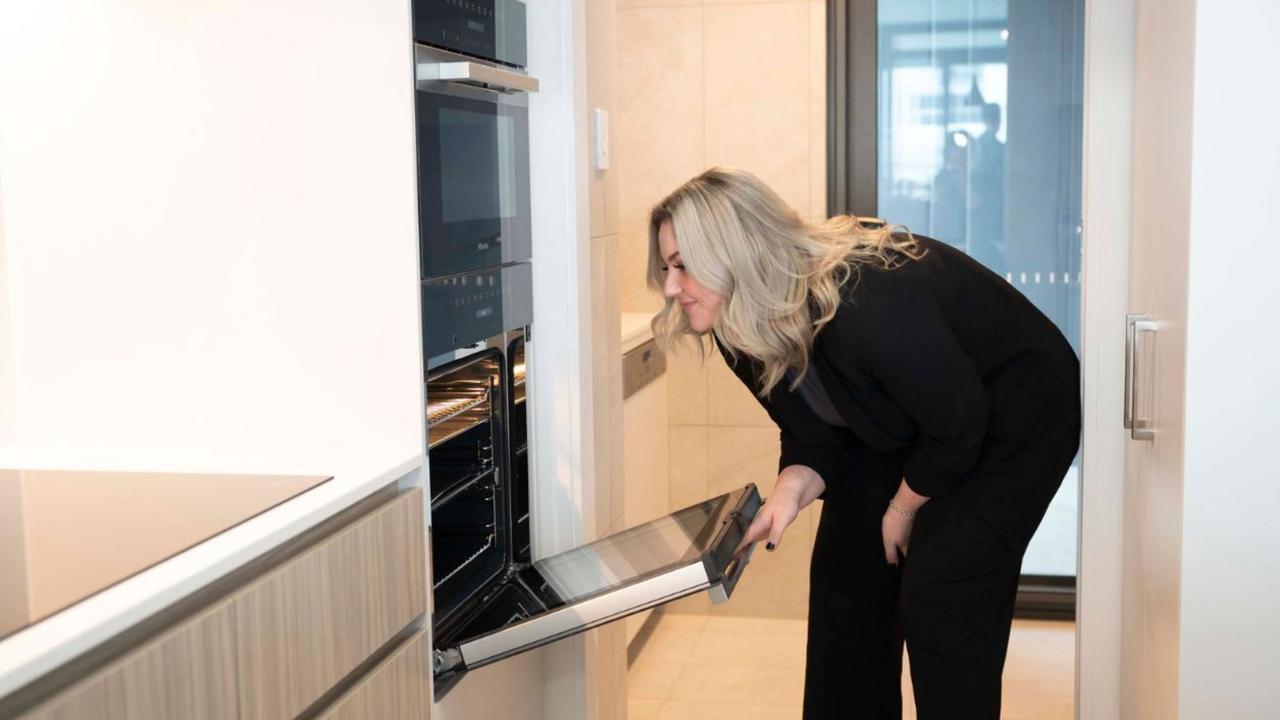Essential Tax Time Checklist for Landlords: What You Need to Know
As the end of the financial year approaches, property landlords find themselves amid a whirlwind of paperwork and financial assessments.
Amidst managing properties, tenants, and maintenance, it’s easy to overlook crucial tax-related responsibilities. However, staying organised and prepared can significantly streamline the tax filing process and ensure compliance with legal requirements.
Whether you're a seasoned landlord or just starting out, here's a comprehensive checklist of what you need to have ready for tax time.

1. Rental Income Records:
Gather documentation detailing all rental income received during the financial year.
This includes rent payments, security deposits, and any additional income from your rental property, such as parking fees or laundry services.
2. Expense Receipts:
Keep track of all expenses related to your rental property, including:
- Property management fees
- Maintenance and repairs
- Insurance premiums
- Property taxes
- Mortgage interest
- Utilities (if paid by the landlord)
- Depreciation expenses

3. Depreciation Schedule:
If applicable, maintain a depreciation schedule for your rental property.
This includes capital improvements and depreciating assets within the property. Having a detailed depreciation schedule can help maximise tax deductions and minimise taxable income.
4. Records of Repairs and Maintenance:
Document all repairs and maintenance work conducted on the rental property throughout the financial year. This includes invoices, receipts, and records of any services performed by contractors or service providers.
5. Loan Statements:
Obtain copies of loan statements for any mortgages or loans associated with your rental property.
These statements should detail interest payments made over the financial year, which can be deducted as an expense.

6. Travel and Vehicle Expenses:
If you’ve incurred travel expenses related to managing your rental property, such as visiting the property for inspections or meetings with tenants, keep records of these expenses.
Additionally, if you use your vehicle for rental property-related activities, maintain a logbook to track kilometres and expenses.
7. Legal and Professional Fees:
Include any legal fees or professional expenses incurred in the management or operation of your rental property. This may include fees paid to lawyers, accountants, or property management companies.
8. Records of Rental Property Sales or Purchases:
If you've bought or sold a rental property during the financial year, gather documentation related to the transaction, including purchase/sale agreements, settlement statements, and records of any capital gains or losses.
9. Receipts for Miscellaneous Expenses:
Don’t forget to keep records of any other miscellaneous expenses related to your rental property, such as advertising costs, association fees, or expenses for tenant amenities.

By diligently maintaining records throughout the year and staying organised, landlords can streamline the tax preparation process and maximise deductions, ultimately reducing taxable income and potentially lowering their tax liability.
Remember - Consult with a qualified tax professional to gain guidance tailored to your specific circumstances and to ensure compliance with all relevant tax laws and regulations.
As the end of the financial year approaches, take the time to review this checklist and gather all necessary documentation to make tax time a smooth and hassle-free experience.
Remember, proactive planning and preparation can lead to significant financial benefits in the long run.
